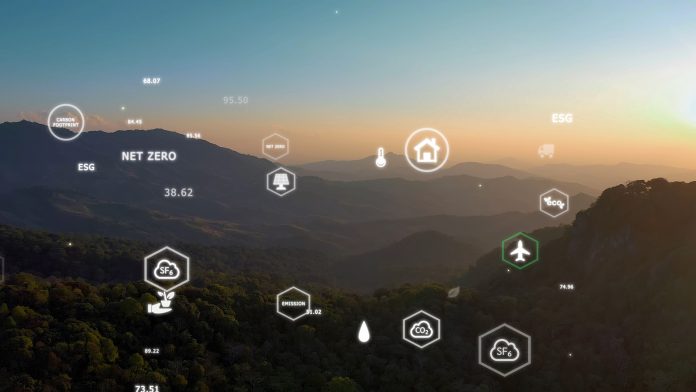The UK Government is to help innovators at the cutting edge of AI technology to use their work to cut carbon emissions across key sectors.
The eight new projects set to receive funding use AI technology to help consumers and businesses improve their energy efficiency and cut energy costs.
They will receive a share of £1.73m to develop and scale up AI technology to support the UK’s transition to clean energy.
The funding is part of the government’s Artificial Intelligence for Decarbonisation Innovation Programme. This supports the development of AI technology in the UK’s energy transition.
The programme is part of the £1bn Net Zero Innovation Portfolio, cementing the UK’s leadership in AI and decarbonisation.
Minister for AI Viscount Camrose said: “AI is the defining technology of our generation and the UK is harnessing its enormous potential to improve public services, ramp up productivity and tackle shared global challenges, particularly climate change.
“This funding backs brilliant British innovation to drive forward new AI solutions which will help us reach our net zero ambitions.”
The winning projects
The funding will support projects to address decarbonisation challenges in three sectors:
- The generation, demand, transmission, and distribution of electricity
- Transport decarbonisation
- Land use for renewables
AI technology to accelerate decarbonisation across electricity generation and demand
The winning projects that will deal with generation, demand, transmission, and distribution of electricity, include:
University of Nottingham
The university is receiving £263,378 to improve the accuracy of weather forecasting for solar energy and manage renewables for the electricity grid.
The team will use ground-based cameras and satellite images to analyse cloud cover and movement, forecasting solar energy production.

Clio Ventures, London
The team is receiving £133,368 to use AI technology to help financial institutions validate key projects eligible for green finance funding.
CarbonLaces Ltd, London
Receiving £342,999 to develop a smart technology that learns and adjusts electricity use in homes.
This will help to improve grid efficiency and help users reduce energy costs.
Optimise-AI, Cardiff
The organisation will receive £125,100 to help businesses and industry use AI to optimise energy efficiency in their buildings.
The team will develop a system that optimises energy usage by calibrating it with Internet of Things sensor readings.
AI technology to optimise energy use in decarbonised transportation
Flexible Power Systems Ltd, Kent
Flexible Power Systems are receiving £209,360 to use AI technology to optimise electric fleet operations and charging schedules, based on analysing traffic and charger locations.
This will help to reduce costs and cut emissions from transport.
AI to optimise and identify land use for renewable energy generation
The projects that will use AI technology to identify land use for renewable generation include:
EDF Energy R&D UK Centre Ltd, London
The project will receive £23,586 to use AI technology to determine how to position wind turbines to reduce the space needed for an offshore windfarm without reducing energy output.
OnGen Ltd, Edinburgh
The team are receiving £326,371 to build AI software to recommend what low-carbon technologies could be used for buildings.
The funding will help consumers improve their energy efficiency and reduce bills.
Open Power, London
The team will use £313,700 in funding to develop an AI system that will streamline selling electricity back to the grid.
The work will improve the efficiency of the process and enable a faster rate of return.
Previous UK funding for AI use in decarbonisation
The funding announcement follows previous investments provided through the scheme. This included £1m awarded to eight winners and £500,000 awarded last year to set up to UK’s Artificial Intelligence for Decarbonisation’s Virtual Centre for Excellence (ADViCE).
The centre aims to understand and address barriers that prevent companies from using AI to decarbonise, bringing together AI developers, investors, local government, and academics.
Professor Adam Sobey, Programme Director of Data Centric Engineering at The Alan Turing Institute, said: “These projects will allow the UK to reduce emissions from operations and embedded carbon in production, helping the nation meet challenging climate change targets.
“We look forward to working with these innovative new projects through the AI for Decarbonisation Virtual innovation Centre of Excellence.”








